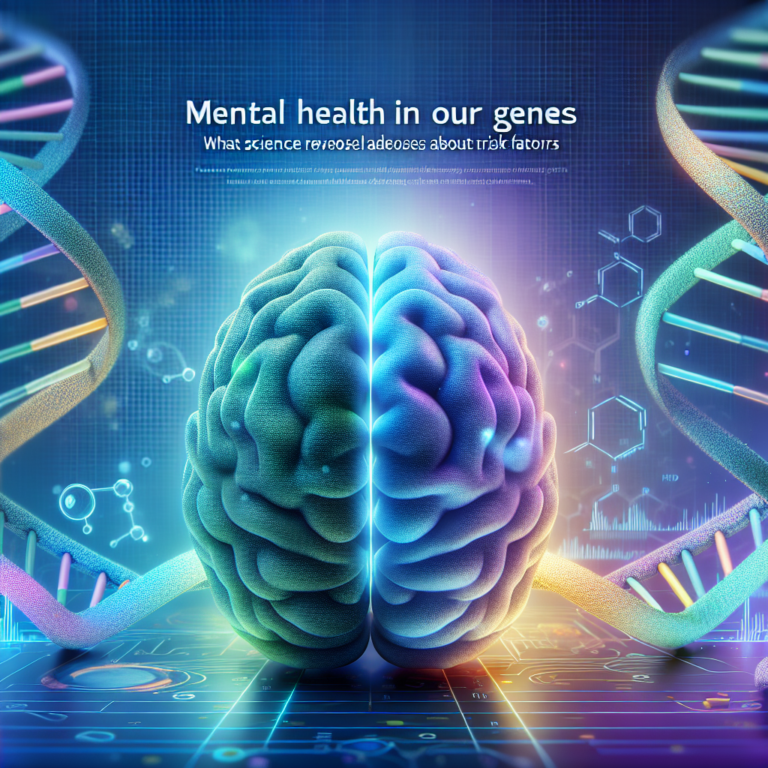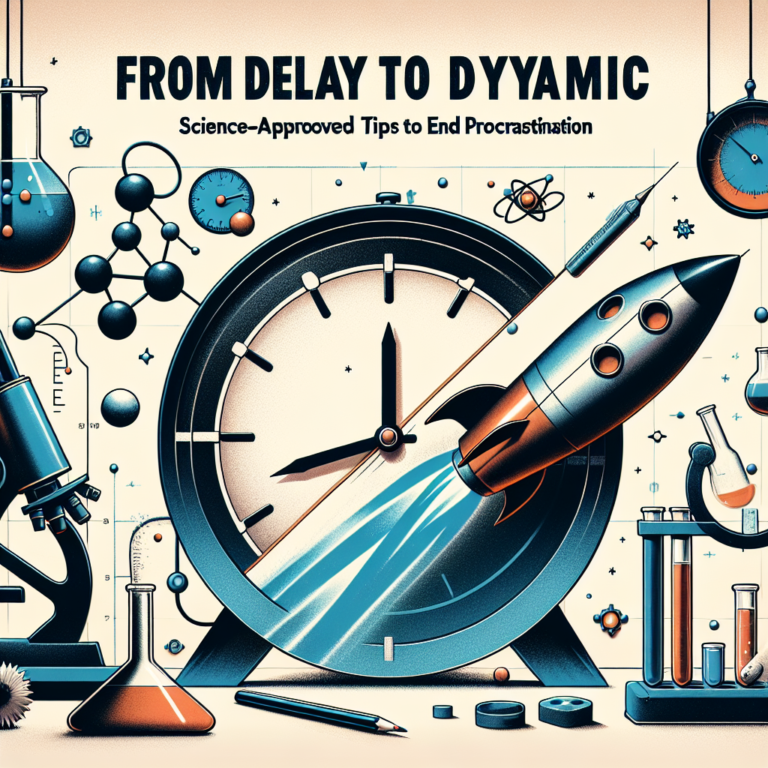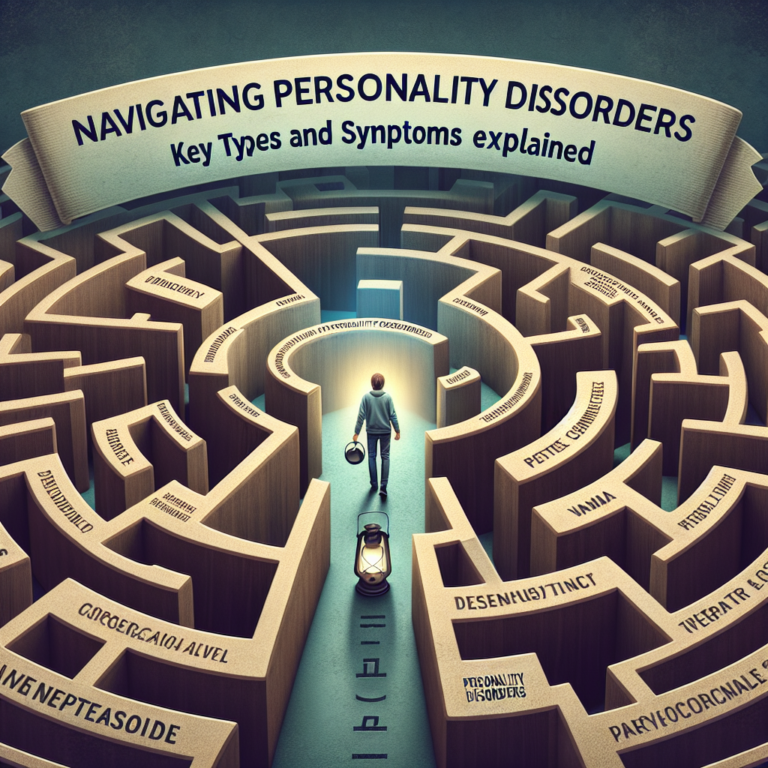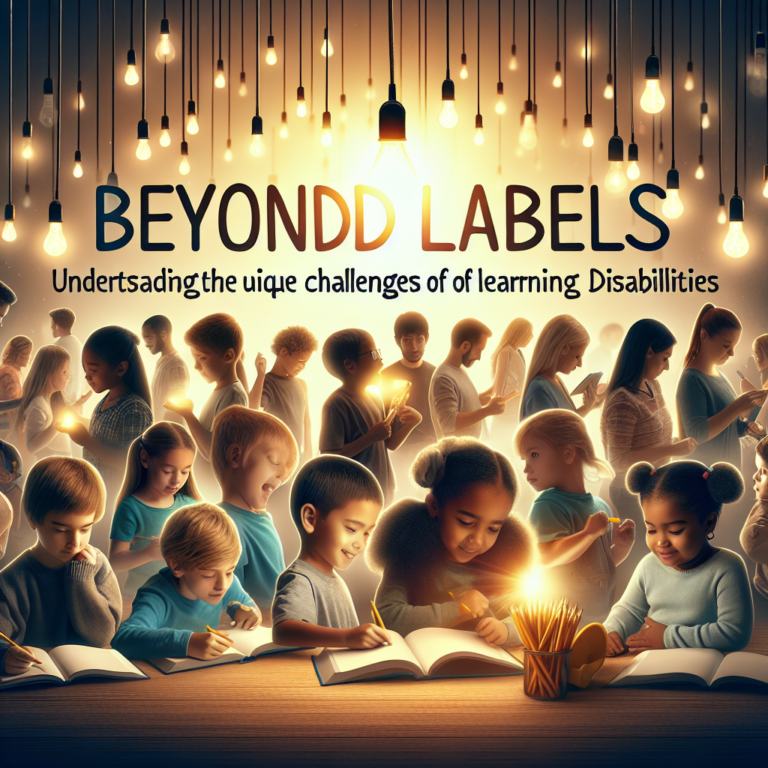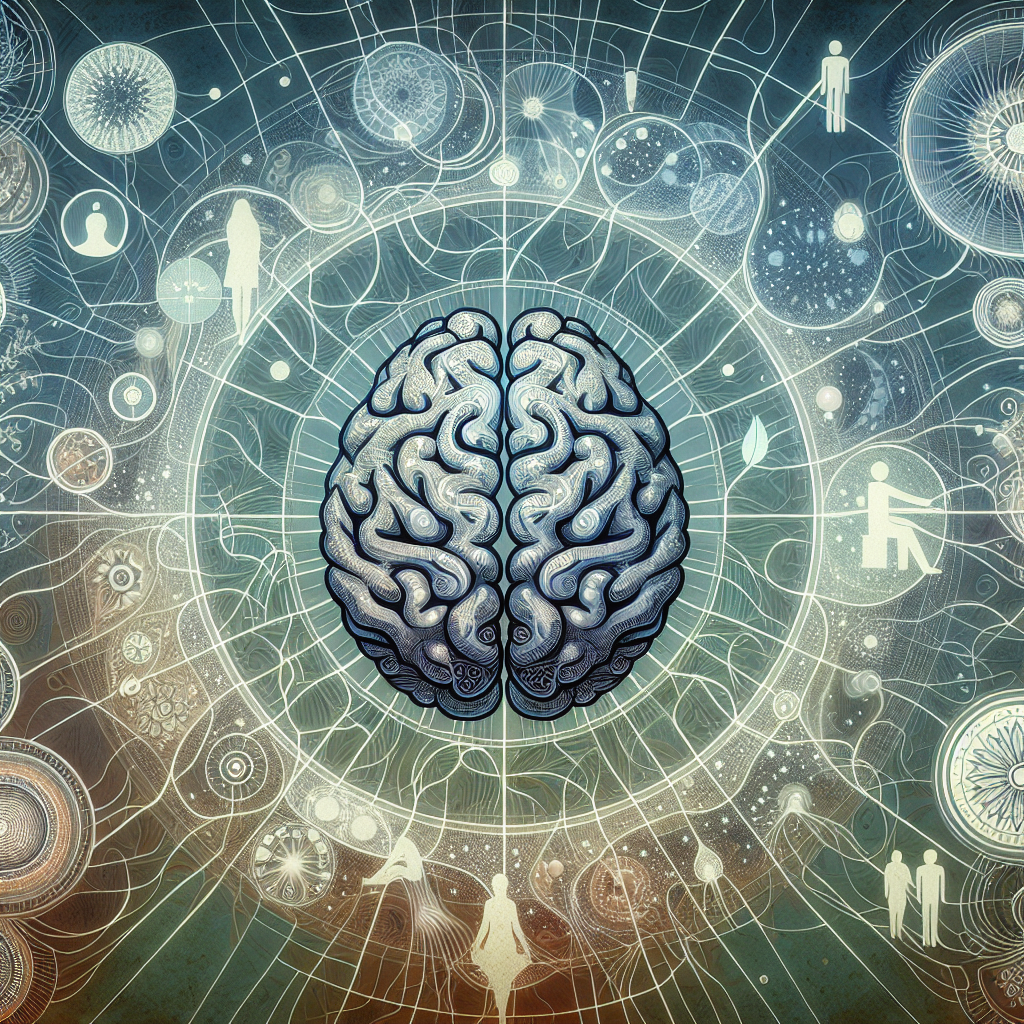
The Brain on Trauma: Exploring the Connection Between Past Experiences and Mental Health
Introduction
Have you ever wondered how the experiences of your past shape your mental health today? The connection between trauma and mental health is a poignant topic in contemporary psychology, one that resonates deeply with many individuals who have faced various forms of adversity. At times, it feels like a hidden thread, weaving through our thoughts, behaviors, and emotional responses. "The Brain on Trauma: Exploring the Connection Between Past Experiences and Mental Health" sheds light on this intricate relationship, revealing how our brains adapt to and are molded by our experiences.
In an era where mental health awareness is burgeoning, understanding trauma’s impact is not just beneficial—it’s essential. People often carry the weight of past experiences, influencing their mental well-being in ways that are not immediately apparent. Through this article, you will uncover the underlying mechanisms of trauma in the brain, delve into real-world applications through case studies, and emerge equipped with actionable insights to nurture your mental health.
Understanding Trauma: A Psychological and Neurological Perspective
What is Trauma?
Trauma can be defined as an emotional response to an event that is deeply distressing or disturbing. This can be a singular traumatic event—such as an accident, natural disaster, or violent assault—or chronic trauma stemming from prolonged exposure to stressors, such as abuse or neglect. The spectrum of trauma is broad:
- Acute Trauma: One-time incidents causing significant distress.
- Chronic Trauma: Repeated and prolonged exposure to traumatic situations.
- Complex Trauma: Exposure to varied and multiple traumatic events, often of an invasive, interpersonal nature.
Each of these experiences leaves an imprint on the brain, reshaping how the mind perceives safety, threat, and self-worth.
The Brain’s Response to Trauma
When an individual experiences trauma, their brain responds by activating the amygdala, the area responsible for processing emotions and detecting threats. This is often referred to as the "fight or flight" response, which prepares the body to react in a crisis. Understanding this response is crucial, as it serves as a baseline for exploring "The Brain on Trauma: Exploring the Connection Between Past Experiences and Mental Health."
Table 1: Key Structures of the Brain Involved in Trauma Response
| Brain Structure | Role in Trauma Processing |
|---|---|
| Amygdala | Evokes fear and triggers fight-or-flight responses. |
| Hippocampus | Involved in forming, organizing, and storing memories, often affected during trauma. |
| Prefrontal Cortex | Responsible for rational thinking and emotional regulation, often impaired in PTSD. |
As trauma reshapes these structures, individuals may experience a range of mental health issues, including anxiety, depression, and PTSD. Understanding these connections paves the way for healing and resilience.
The Impact of Trauma on Mental Health
Psychological Consequences of Trauma
Past experiences significantly shape how individuals respond to stress and emotional challenges. Trauma has been linked to various mental health disorders:
- Post-Traumatic Stress Disorder (PTSD): Characterized by flashbacks, nightmares, and severe anxiety.
- Depression: Often stemming from unresolved trauma, leading to feelings of hopelessness.
- Anxiety Disorders: Heightened sensitivity to perceived threats, impacting daily functioning.
Case Study: The Effects of Childhood Adversity
Consider the case of a young woman named Sarah, who experienced emotional neglect during her formative years. Despite appearing successful in her career, she struggled with feelings of inadequacy and chronic anxiety. Therapy revealed that her childhood experiences had altered her brain’s wiring, leaving her overly sensitive to criticism. This highlights the profound impact of unresolved trauma on mental health, illustrating that "The Brain on Trauma: Exploring the Connection Between Past Experiences and Mental Health" is not merely theoretical, but a lived reality.
Physiological Effects of Trauma
Trauma isn’t merely a psychological issue; it can manifest physically, affecting the body’s systems. Symptoms may include chronic pain, gastrointestinal issues, and fatigue. This mind-body connection shows that trauma impacts health on multiple levels, stressing the importance of holistic healing approaches.
When assessing the physiological impact, it is essential to recognize how chronic stress activates the hypothalamic-pituitary-adrenal (HPA) axis, leading to an overproduction of cortisol—a hormone linked to stress. Long-term elevation of cortisol levels can result in various health complications, including metabolic disorders and cardiovascular issues.
Chart 1: Health Effects of Chronic Stress and Trauma
| Health Issue | Connection to Trauma |
|---|---|
| Heart Disease | Chronic stress increases heart rate and blood pressure. |
| Gastrointestinal Problems | Stress affects gut health and can lead to conditions like IBS. |
| Autoimmune Disorders | Prolonged stress may lead to immune dysregulation. |
Healing from Trauma: Pathways to Recovery
Therapeutic Approaches to Healing
Healing from trauma requires a multifaceted approach. Several therapeutic techniques have been shown to be effective:
- Cognitive Behavioral Therapy (CBT): Focuses on changing negative thought patterns and behaviors associated with trauma.
- Eye Movement Desensitization and Reprocessing (EMDR): A specialized therapy that helps individuals process and integrate traumatic memories.
- Somatic Experiencing: Centers on bodily sensations to release the trauma stored in the body.
Case Study: The Power of EMDR
A notable example is Mark, a combat veteran who experienced severe PTSD after returning home. Traditional talk therapy offered limited relief, but after engaging in EMDR therapy, he began to process his traumatic memories more effectively. His progress illustrates the transformative effects of specialized trauma therapies and affirms that understanding "The Brain on Trauma: Exploring the Connection Between Past Experiences and Mental Health" is crucial for recovery.
The Role of Mindfulness and Self-Care
In addition to therapeutic interventions, self-care practices play a pivotal role in recovery. Mindfulness and meditation have been shown to reduce symptoms of anxiety and depression, allowing individuals to reconnect with their emotional states in a non-judgmental manner. These practices can significantly enhance emotional regulation, enabling individuals to cope better with the aftermath of trauma.
Building Resilience
Resilience is defined as the capacity to recover quickly from difficulties. Trauma does not have to dictate one’s future. Communities and support systems serve as protective factors, enhancing resilience. Establishing strong relationships with peers, family, and mentors can facilitate healing and foster a sense of belonging.
Conclusion
The exploration of "The Brain on Trauma: Exploring the Connection Between Past Experiences and Mental Health" reveals a profound truth: our brains and bodies are deeply interconnected, shaped significantly by our histories. Understanding this relationship not only emphasizes the importance of addressing trauma but also empowers individuals through knowledge of their healing pathways.
Remember, healing is not linear. It requires patience, compassion, and active engagement in your mental wellness journey. By recognizing the influence of past experiences, leveraging therapeutic approaches, and building resilience, you may reclaim your narrative, transforming your relationship with trauma into one that fosters growth and strength.
FAQs Section
1. What types of experiences can be considered traumatic?
Traumatic experiences can include, but are not limited to, natural disasters, accidents, abuse (physical, emotional, or sexual), combat exposure, and sudden loss of loved ones.
2. How can I tell if I’m suffering from trauma-related mental health issues?
Common signs include persistent feelings of distress, avoidance of reminders of the trauma, changes in mood, irritability, anxiety, and difficulty concentrating. If these symptoms interfere significantly with daily life, it is advisable to consult a mental health professional.
3. Can children experience trauma, and how does it affect them?
Yes, children can experience trauma, which can impact their emotional, cognitive, and social development. Early intervention and therapeutic support are crucial for mitigating long-lasting effects.
4. How long does it take to heal from trauma?
Healing is a personal journey and varies significantly among individuals. Factors such as the type of trauma, support systems, and engagement in therapeutic practices all influence recovery time.
5. Are there preventative measures to reduce the effects of trauma?
Yes, fostering supportive relationships, promoting emotional literacy, and implementing stress-reduction practices (such as mindfulness) can help individuals build resilience and manage stress before trauma occurs.
By understanding and exploring the intricate connection between our past experiences and mental health, we not only open avenues for personal healing but contribute to a society that values mental well-being and compassion.




